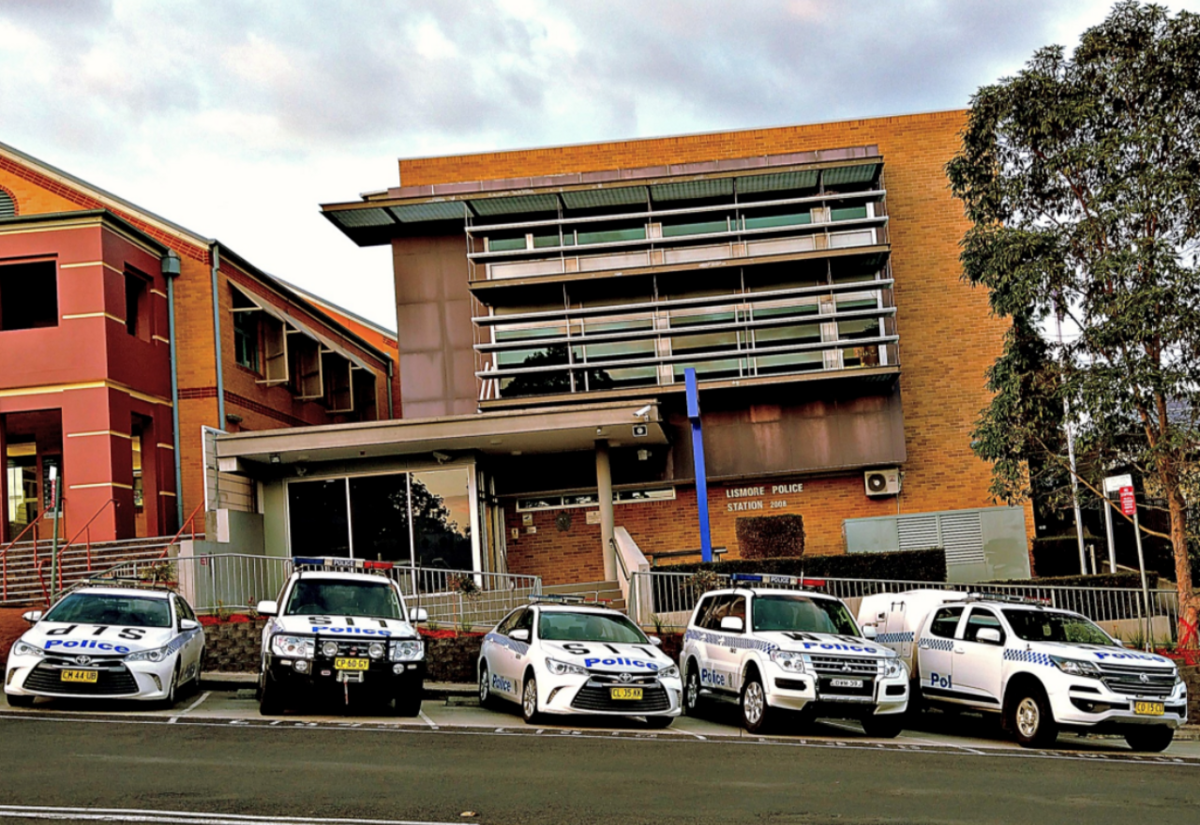Police force numbers under pressure as sick leave increases
Lara Leahy
29 October 2024, 7:01 PM
 The Lismore Police Station on Zadoc Street
The Lismore Police Station on Zadoc StreetChanges in the protection of NSW police officers injured in the line of duty have led to a concerning leap in police officers currently on sick leave.
This has the potential to affect police districts across the state, including the Richmond Police District.
The way police officers are protected by insurance changed on October 1st, moving from the Police Blue Ribbon Insurance program (PBRI) to the Enhanced Police Support Scheme (EPSS).
The EPSS will improve coverage for officers injured on or off duty. It will also provide additional support payments for up to 10 years, and extend off-duty income protection from 2 to 3 years. Death benefits remain the same.
The area that has caused concern is the discontinuation of the Total and Permanent Disability (TPD) payments. They are for police who are permanently injured in the line of duty - and it is these that were discontinued on October 1st.
The cessation of this benefit, brought on a rush of officers making a claim and stopping work as a result. As of October 1st, existing TPD claims were unaffected by the change in policy.
A spokesperson for the police said, “Since the announcement of the Enhanced Police Support Scheme, the NSWPF has recorded an increase in psychological injury claims as compared to the same period last year, reports of physical injuries have remained stable.
“We have seen 332 officers enter sick leave since the announcement. We will continue to work to support these officers as we do with all our officers to get them back to work. We acknowledge that some will require ongoing support.
“The NSW Police Force is committed to ensuring, as far as reasonably practicable, all of our injured police officers are supported in their recovery and return to work, and they have access to the appropriate treatment and support services that will assist them when they need it most.”
However, the Police Association of NSW (PANSW) views it a little differently. Kevin Morton, the president of the PANSW says, “The PBRI had not been budgeted for by the previous LNP government after 1 October 2024 and was going to be gutted. When the PANSW asked for a letter of commitment from the Coalition prior to the last election, we received nothing back.
“The Minns Government inherited the scheme under pressure, with many aspects of the true cost only discovered by the PANSW after being consulted by the new government. The exponential growth of the premium from 1 October 2024 would have given the Government no choice but to reduce the scheme further.”
This insurance is compulsory for police. The cost is subsidised to make it affordable, but there were already concerns with those costs.
Mr Morton says, “Currently, over 9,000 members were impacted, with some tax bills being received in excess of $30,000.”
TPD insurance is considered crucial financial protection for officers in the event of a career-ending disability. Police officers on EPSS are able to take out separate TPD insurance at an extra cost to themselves.
The Police acknowledge injuries happen and stand by the new EPSS, “The reality is that each day some of our officers sustain and report both physical and psychological injuries. As an organisation, we are always striving to provide the safest workplace that we can through appropriate training, education, and support.
“We have in place internal and external processes that must be followed when there is a reported injury, these have not changed. All reported injuries since the EPSS announcement have been treated in this manner.”
Mr Morton said the PANSW has actively tried to support its members with this change.
“The PANSW advocated to maintain the necessary protections for members and gained some enhancements in the new EPSS scheme from what the Commissioner of Police initially proposed including for those who cannot work again.
“Although the scheme has changed from its previous form, our core focus is to look after injured workers and maintain their health and ensure our police officers return to work where possible.”

